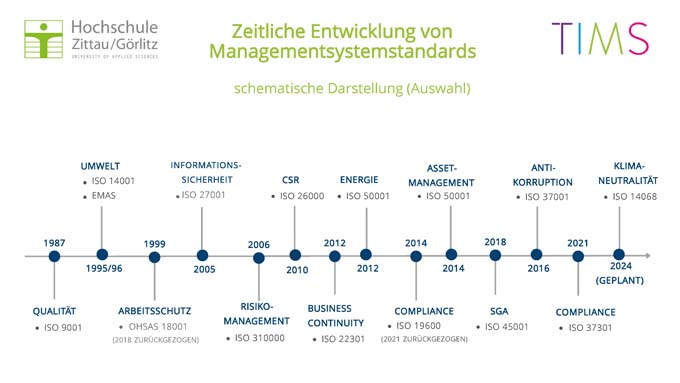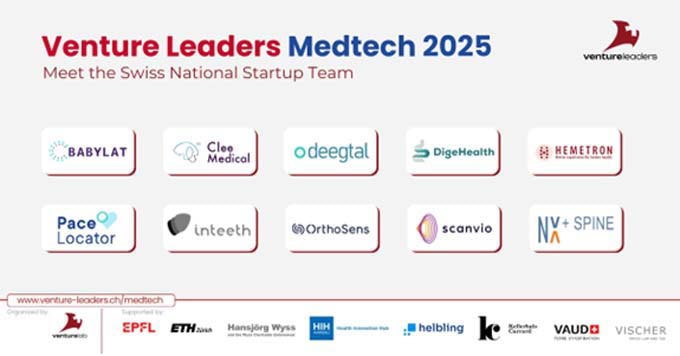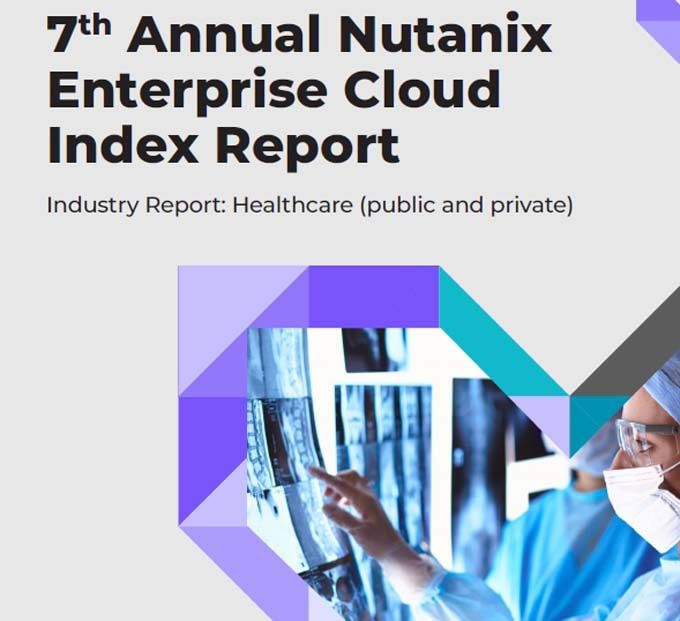Why and how you (should) integrate your management systems
Questions about carbon footprints, sustainability in supply chains, and ensuring information security no longer concern only large companies. SMEs have also long been confronted with such issues. Basically, the answers are easier for those who work with integrated management systems. But we still know little about how companies use IMS - or why they do not. That's why we're conducting a scientific study on this topic. The results should also be interesting and relevant for you. Take part!

ISO 9001 for quality management, ISO 14001 for the environment, ISO 27001 for information security, ISO 50001 for energy management: virtually every discipline has its own management system. Quite a few companies operate these systems side by side. The result: a high level of documentation and sometimes redundant - sometimes even contradictory - information. It's obvious that you don't burst into raptures when another audit is due.
One solution is offered by so-called integrated management systems (IMS). Such a system combines the requirements of several "large" management systems such as those mentioned above. Another advantage of such IMSs lies in their uniform systematics, which is based on the Harmonised Structure (HS) and also takes into account the process landscapes of the respective organizations. Processes, responsibilities and documentation are thus regulated across all topics and departments.
There are many examples of how companies work with IMS in practice. However, there is hardly any research work on the application of IMS in German-speaking countries. The Zittau/Görlitz University of Applied Sciences, in collaboration with SQS, the Swiss Association for Standardization (SNV) and other partners in the DACH region, now wants to change this situation. In a first phase, a survey of as many companies as possible will be conducted. Their results will then be evaluated by the Zittau/Görlitz University of Applied Sciences and country-specific results will be derived. In a further phase, focus group workshops will be held with selected survey participants. Good practice examples for the use of IMS will then be developed from these.
SQS and SNV will be responsible for communicating these results and examples of good practice in Switzerland. You too can benefit from them! However, the prerequisite is that the quality is guaranteed by a large number of survey participants. Therefore, you as a reader are also invited to participate in the survey. Participation takes 30 to 45 minutes. In doing so, you will be making a contribution to creating research-based foundations for reducing complexity through integrated management systems. To make doing business easier.
Click here to go to the survey: https://survey.questionstar.com/9a3f5782
Additional background information: https://www.sqs.ch/de/blog/mit-systemintegration-zur-komplexitaetsreduktion









